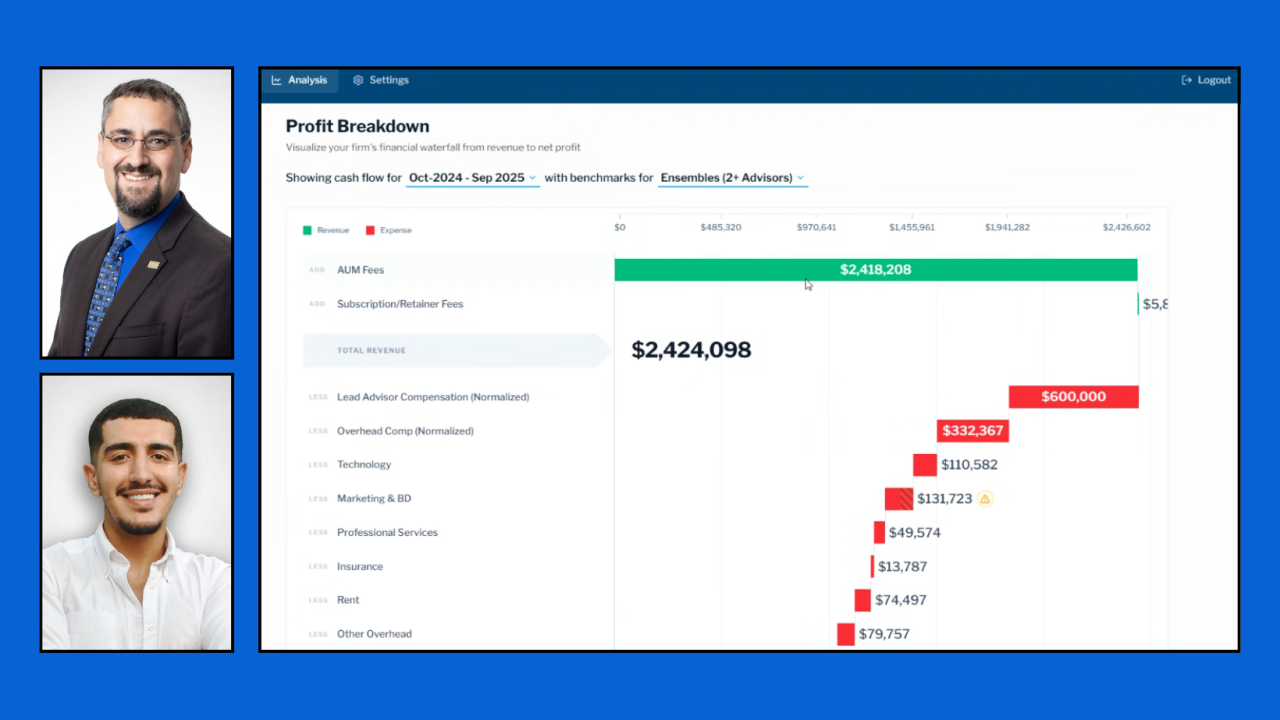(Bloomberg) -- CSOP Asset Management lowered the fee on its first U.S. exchange-traded fund tracking Chinese stocks and plans to start two ETFs after an equity rout wiped out $5 trillion in market value.
The fund provider cut the expense ratio on the CSOP FTSE China A50 ETF, the first offered by a Chinese asset manager to American investors, to 0.7% from 0.99%, effective Thursday. The ETF, which started trading in March, is now 0.1 percentage point cheaper than the Deutsche X-trackers Harvest CSI 300 China A-Shares fund, the largest investing in yuan- denominated stocks in the U.S. with $388 million in assets.
The fee reduction came after the CSOP ETF’s assets shrank to $6.9 million from over $300 million in April as the Shanghai Composite Index lost 41% in less than five months and unprecedented intervention by the government eroded investor confidence. CSOP is ready to set up two new exchange-traded funds in the U.S. this month in anticipation of the end of China’s stock market turmoil and a revival of demand from foreign investors, said Matt Collins, head of U.S. capital markets at the Chinese asset manager.
HEDGED ETF
“We feel like a lot of money will go back to China and we don’t want to miss that wave with a high expense ratio,” Collins said. “It’s challenging” but “we try to get these products out of as soon as we can because we feel like the market is going to turn,” he said.
The CSOP ETF has lost 15% on a total return basis since its inception in March.
The new funds include one tracking a hedged version of MSCI Inc.’s China A-share index to remove the currency risk of owning yuan-denominated stocks. It will be the first ETF that protects investors from the potential drop in the Chinese currency, said Louis Lu, a CSOP money manager in New York. Deutsche Bank AG’s wealth-management unit is planning a similar product, regulatory filings show.
The other CSOP fund will pick the cheaper stocks from the group of companies that have listings both in Hong Kong and on the mainland. On average, shares of dual-listed companies are trading about 34 percent more expensive on the mainland, according to data compiled by Bloomberg.
CSOP is the world’s largest asset manager allowing foreigners to invest directly in mainland shares through its Renminbi Qualified Institutional Investor quota.





